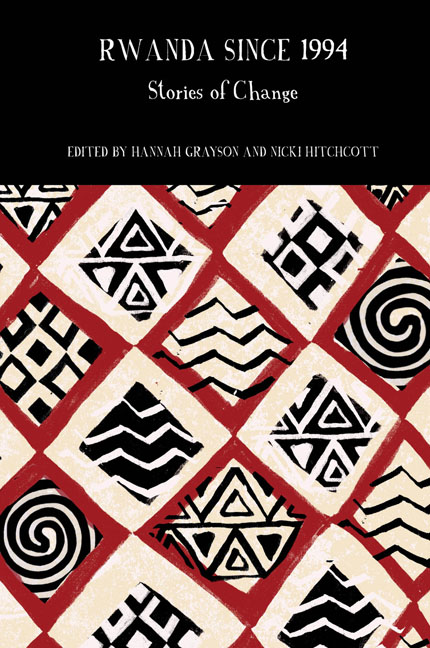Imbabazi, Kwicuza and Christian Testimonials of Forgiveness
Summary
Au fond, qui parle de pardon? Les Tutsis, les Hutus, les prisonniers libérés, leurs familles ? Aucun d’eux, ce sont les organisations humanitaires. Elles importent le pardon au Rwanda, et elles l’enveloppent de beaucoup de dollars pour nous convaincre. Il y a un Plan Pardon comme il y a un Plan Sida […] Nous, on parle du pardon pour etre bien considérés et parce que les subventions peuvent etre lucratives. (survivor Innocent Rwililiza in Hatzfeld, 2007: 25)
I am going to die in prison. I know that but [with a big smile], I don’t care any more. She came, she came to see me and she forgave me. I cannot believe how happy I am. (offender in Musanze prison, part of Just.Equipping's ‘Letters Project’)
The two statements above reflect the contradictory perspectives on the thorny issue of forgiveness in post-genocide Rwanda. As is now well established, in 2002, the Rwandan government released some 70,000 alleged genocidal perpetrators languishing in overcrowded prisons back into the community and announced that the vast majority of these suspects would be tried by village justice known as gacaca. Over ten years, from 2002 to 2012, gacaca courts processed almost two million cases of people involved in the 1994 genocide, finding some 65% of the accused guilty, while the Rwandan nation engaged in the ambitious project of ‘Ukuri, Ubutabera, Ubwiyunge’ [Truth, Justice, Reconciliation]. At the heart of Rwanda’s reconciliation project were notions of imbabazi [forgiveness], as well as Christian notions of kwicuza [remorse and repentance]. President Kagame stressed the importance of forgiveness at the official opening of the gacaca process when he ‘invited the perpetrators to show their courage, to confess, repent and ask for forgiveness’, and for ‘the sins committed to be curbed and punished, but also forgiven’ (Kagame, 2002). Similarly, at the closing of the gacaca tribunals, Kagame commended their ‘truth telling’, which in turn ‘made it possible to ask for forgiveness in a genuine manner and to receive it’ (Kagame, 2012). Kagame's lofty goals of forgiveness are echoed in various Western texts, many funded by Christian evangelical organizations.
This chapter aims to explore some of the complexities inherent in the notion of forgiveness by examining a number of Christian testimonials featuring forgiveness.
- Type
- Chapter
- Information
- Rwanda Since 1994Stories of Change, pp. 211 - 231Publisher: Liverpool University PressPrint publication year: 2019

